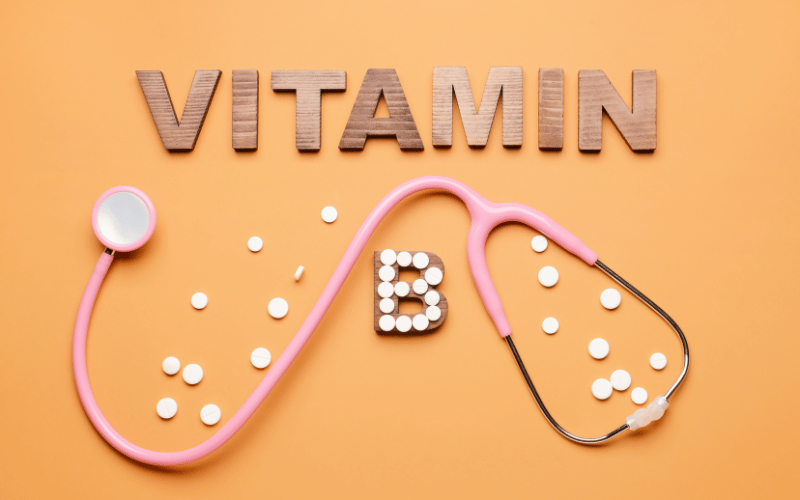Cause 4: Nutritional Deficiencies – Fueling Development

Nutrition during pregnancy isn’t just about sustaining the mother; it’s the lifeblood of the fetus’s development. Every molecule ingested, every nutrient absorbed, directly or indirectly, influences the intricate process of fetal growth. With the fetus entirely reliant on the mother for nourishment, it becomes evident that what she consumes sets the stage for her child’s development. For example, a lack of calcium can influence bone development, while an iron deficiency could impact blood production. Such is the ripple effect of nutritional lapses during gestation.
Of the myriad nutrients required during pregnancy, few are as crucial as folic acid. This B-vitamin, while essential for everyone, assumes heightened importance during the early stages of pregnancy. It plays a pivotal role in preventing major birth defects of the baby’s brain and spine. When there’s a deficiency, the repercussions can be dire, with a cleft lip being among the potential consequences. A shortfall in folic acid isn’t just about the direct impact; it’s indicative of a broader nutritional imbalance that can pave the way for multiple complications.
However, while folic acid is often at the forefront of discussions on nutritional deficiencies and cleft lip, it’s merely a piece of a larger puzzle. Vitamins like A, C, and E, along with minerals like zinc, play their roles in ensuring proper fetal development. Consider zinc, for example, essential for DNA synthesis, cell division, and protein synthesis – all vital processes during fetal development. A deficiency can disrupt these processes, leading to various developmental anomalies.
Recognizing the paramount importance of nutrition during gestation, healthcare professionals across the globe advocate for the use of prenatal vitamins. These supplements are specially formulated to bridge any nutritional gaps in an expectant mother’s diet. Furthermore, it isn’t just about popping pills; the importance of a balanced, wholesome diet can’t be stressed enough. From green leafy vegetables rich in folic acid to dairy products packed with calcium, conscious dietary choices can significantly reduce the risk of conditions like cleft lip.(4)